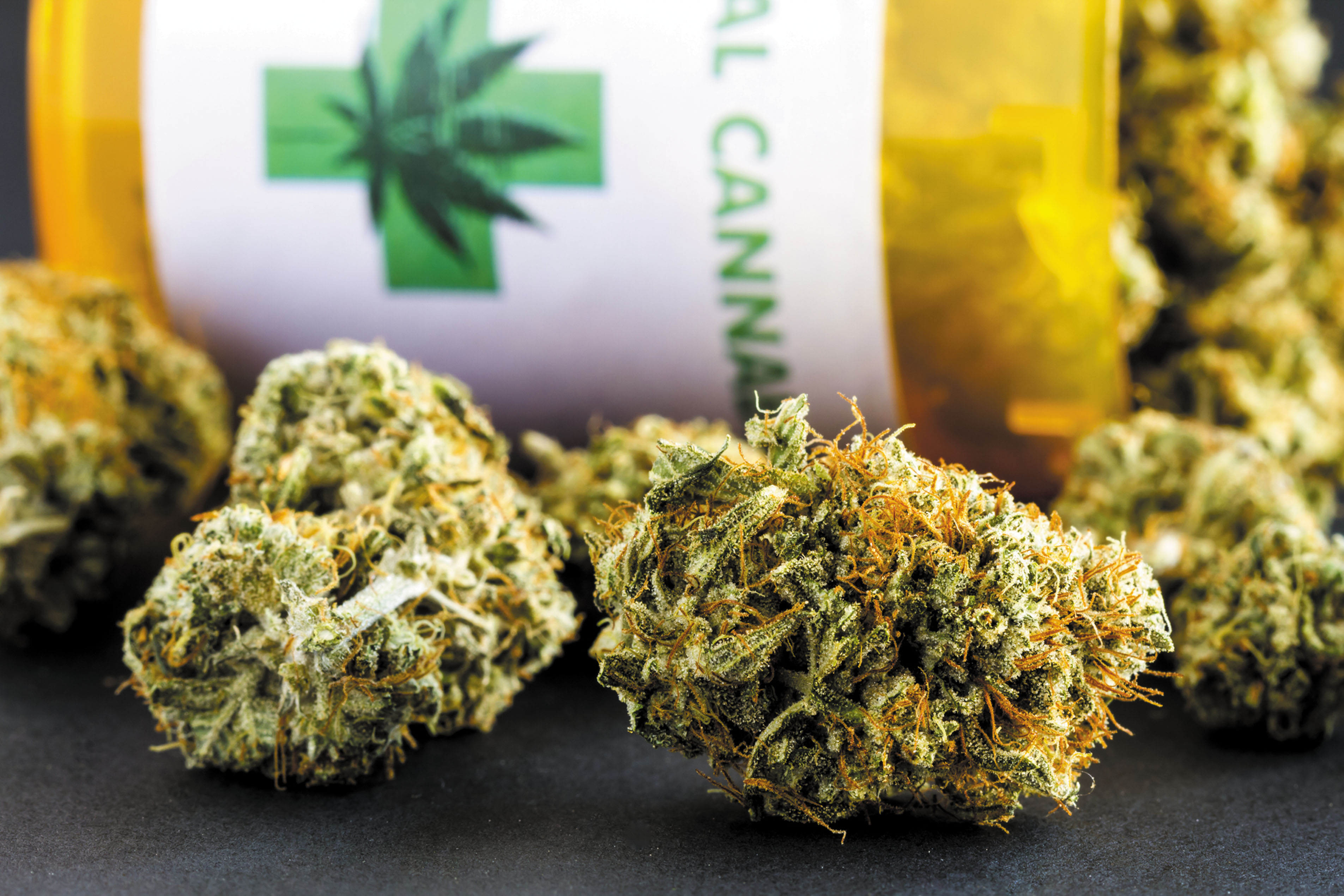Recognizing the Lawful Landscape Surrounding Medical Marijuana Worldwide
You're most likely aware that mindsets towards clinical cannabis are moving internationally, yet the lawful frameworks can be confusing. What drives these differences, and just how do they impact gain access to for people seeking relief?
Historical Context of Clinical Cannabis Regulations
As you check out the historical context of clinical marijuana legislation, you'll discover that its roots stretch back countless years. Old cultures, from the Chinese to the Greeks, identified cannabis for its medical residential or commercial properties. In 2737 BC, Chinese Emperor Shen Nong recorded its use for numerous disorders. By the first century advertisement, Dioscorides, a Greek physician, consisted of cannabis in his pharmacopoeia, highlighting its efficiency in dealing with pain and swelling.
Fast ahead to the 19th century, when Western medicine began to welcome cannabis more commonly. Doctors prescribed it for everything from migraines to labor discomforts. The early 20th century saw a change, as societal perceptions altered, leading to stricter guidelines and stigmatization.
Comprehending this rich history aids you appreciate the intricacies of modern clinical marijuana legislations. It's a journey with time that discloses the evolving connection in between society and this powerful plant.
Existing Lawful Condition by Area

North America Introduction
Guiding with the landscape of clinical cannabis regulations in North America discloses a jumble of laws that differ substantially by region. In the United States, some states have completely welcomed medical cannabis, permitting people accessibility with dispensaries, while others maintain stringent prohibitions. Maneuvering through these diverse legislations can be difficult, as each territory has its very own needs for obtaining clinical marijuana, including certifying problems and application processes.
Europe's Diverse Laws
Steering through the lawful landscape of clinical marijuana in Europe can be intricate, given the substantial variations in laws across different countries. In some countries, like Germany and Italy, medical marijuana is easily accessible and lawful with a prescription. Others, such as France, have extra limiting policies, enabling only restricted accessibility through particular tests. The UK has actually additionally made strides, allowing particular cannabis-based medicines, however the procedure continues to be cumbersome. On the other hand, countries like the Netherlands accept an extra liberal approach, though formal policies still hang back. As you discover these diverse laws, it is critical to stay educated, as regulations can change quickly and vary significantly from one nation to one more. Recognizing these nuances can help you browse the developing landscape properly.
Asia-Pacific Legal Trends
The Asia-Pacific region showcases a swiftly advancing landscape for medical cannabis legislations, mirroring a mix of modern and conservative methods. Countries like Australia and New Zealand have accepted legalisation, providing regulated accessibility to medical marijuana. In Australia, individuals can acquire prescriptions, while New Zealand lately passed a vote to allow clinical use.
On the various other hand, nations like Japan and South Korea keep stricter guidelines, enabling just limited access to cannabis-derived items. Regardless of these limitations, popular opinion is shifting, with increasing require reform.
As you browse this facility landscape, remain educated concerning neighborhood legislations, as they can vary considerably from one country to one more, affecting individual gain access to and industry development in the region.
Secret Nations Leading the Way in Medical Marijuana
As you explore the landscape of clinical marijuana, you'll locate a number of countries setting outstanding legalisation milestones. These nations not just develop regulatory structures that guarantee safe accessibility however likewise blaze a trail in clinical research study developments. Recognizing their strategies will offer you useful insights right into the future of marijuana usage in healthcare.
Legalisation Milestones Achieved
While lots of nations grapple with the complexities of marijuana policy, a number of have made considerable strides in legalizing medical cannabis, establishing vital precedents. copyright ended up being a pioneer in 2001, enabling people accessibility to medical marijuana, paving the way for other nations. In the United States, numerous states have actually legalized medical marijuana, developing a jumble of regulations that influence public understanding and policy.
Regulatory Frameworks Discussed
Recognizing the regulative frameworks governing clinical cannabis is essential for grasping just how different countries approach its use. In position like copyright, you'll find a comprehensive system that includes licensing for manufacturers, strict top quality controls, and standards for health care practitioners. The United States provides a jumble of policies, with states like California and Colorado leading in progressive policies, yet federal laws still create obstacles. Nations like Germany and Australia have applied structured programs that regulate client access and growing. Each country has its very own set of guidelines, which can impact everything from prescribing techniques to item accessibility. By acquainting yourself with these structures, you can better recognize the worldwide landscape of medical cannabis.
Medical Study Innovations
Countries around the world are making significant strides in clinical marijuana research, leading to a better understanding of its therapeutic possibility. In the United States, establishments like the National Institutes of Health And Wellness (NIH) are funding studies on cannabis's impacts on chronic discomfort and epilepsy. As these nations press onward, you'll witness an evolution in medical practices and a more clear picture of just how cannabis can boost patient outcomes globally.
Obstacles and Obstacles to Accessibility
Accessing medical marijuana can be filled with difficulties that come from differing state laws and regulations. You might find that in some states, the process to get a medical cannabis card is challenging and lengthy, needing extensive documentation or consultations with authorized doctor. In addition, even if you certify, try this website the number of dispensaries can be limited, making it this content difficult to find a nearby source.
Insurance policy coverage for clinical cannabis is commonly lacking, compeling you to pay out-of-pocket. Guiding via this facility landscape can feel frustrating, however understanding these obstacles is essential for anybody taking into consideration medical cannabis as a restorative option.
Influence of Clinical Cannabis on Health And Wellness Outcomes
While many individuals stay hesitant regarding cannabis, research study progressively shows its prospective benefits for various health and wellness conditions. You could be stunned to discover that clinical cannabis can aid ease chronic discomfort, minimize inflammation, and take care of symptoms of anxiousness and clinical depression (Kentucky Medical Cannabis Doctor). For patients battling conditions like epilepsy or several sclerosis, cannabis has demonstrated considerable therapeutic results, offering alleviation when standard therapies fail
In addition, researches show that some elements of marijuana, such as CBD, can boost general high quality of life for patients going through treatments like chemotherapy. It's important to take into consideration that specific actions to cannabis can vary commonly, so what works for someone might not benefit one more. As you discover the possible impact of medical marijuana on health results, get in touch with and maintain an open mind with healthcare specialists to tailor a treatment plan that suits your one-of-a-kind requirements and conditions.
The Function of Health Care Providers in Client Accessibility
As you browse the complexities of medical marijuana legislations, it is vital to recognize the pivotal duty doctor play in client access. These professionals work as vital overviews, helping patients recognize their options and browse legal needs. They can evaluate whether medical cannabis is proper for your condition and provide documents required for lawful accessibility.
Additionally, health care companies often inform people about the potential benefits and threats of cannabis use, ensuring informed decisions. They can recommend ideal stress, does, and techniques of usage tailored to specific requirements. Their support is essential, particularly in areas where laws differ considerably.

Future Fads and Predictions for Clinical Marijuana Laws
Healthcare companies will certainly remain to form Website the landscape of clinical marijuana laws as they promote for individual requirements and involve with policymakers. You can anticipate a growing pattern in the direction of even more comprehensive legislation that recognizes the healing advantages of marijuana. As research study expands, even more countries will likely adopt regulations that assist in gain access to for clients struggling with numerous conditions.
Public opinion is shifting, as well, with increasing acceptance paving the method for reform - Kentucky Medical Cannabis Doctor. You may see a rise in medical cannabis programs customized to particular demographics, such as professionals and elders
Furthermore, as health care systems integrate marijuana into treatment methods, insurers might begin covering cannabis-related expenditures, even more legitimizing its use.
Ultimately, worldwide cooperations could arise, resulting in standard laws and top quality control actions. Overall, the future of medical cannabis laws shows up promising and vibrant, driven by proof, advocacy, and patient-centered care.
Often Asked Concerns
Just How Do International Treaties Affect Medical Marijuana Legislation?
International treaties can form your country's clinical cannabis regulations by setting constraints or guidelines. When countries stick to these arrangements, it often affects local regulation, making it essential for you to remain informed on changes.
What Are the Legal Age Demands for Medical Marijuana Usage?
The lawful age for clinical marijuana usage varies by jurisdiction. In many locations, you need to be at the very least 18, but some permit minors with adult authorization. Constantly check neighborhood laws prior to waging medical marijuana.
Can Employers Fire Personnel for Medical Cannabis Usage?
Yes, companies can discharge you for clinical cannabis usage, depending upon state legislations and firm policies. If your work requires medicine testing or if marijuana affects your efficiency, they may take activity. Constantly check your office regulations.
Are There Constraints on Medical Marijuana Advertising?
Yes, there are constraints on clinical marijuana marketing. You'll discover guidelines differ by jurisdiction, typically prohibiting deceptive insurance claims and needing specific wellness cautions. It's critical to check local legislations to guarantee compliance before advertising and marketing.
Exactly How Do Medical Cannabis Regulation Differ for Veterans?
Clinical cannabis laws for experts usually consist of special arrangements, allowing much easier gain access to or advantages. Some states prioritize veteran needs, while others may limit use. It's essential to examine your neighborhood laws for specifics.
While many nations grapple with the intricacies of cannabis policy, numerous have made substantial strides in legislating medical cannabis, establishing essential precedents. In the United States, numerous states have actually legalized medical marijuana, producing a patchwork of laws that affect public assumption and policy.Accessing clinical cannabis can be laden with challenges that stem from differing state legislations and laws.As you browse the intricacies of clinical marijuana laws, it is vital to acknowledge the pivotal function healthcare suppliers play in individual accessibility.Healthcare carriers will certainly continue to form the landscape of clinical marijuana laws as they advocate for individual requirements and engage with policymakers.